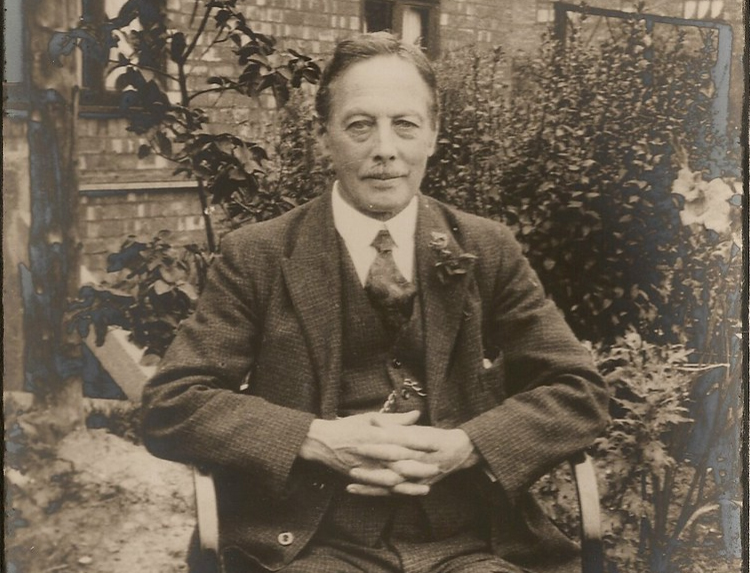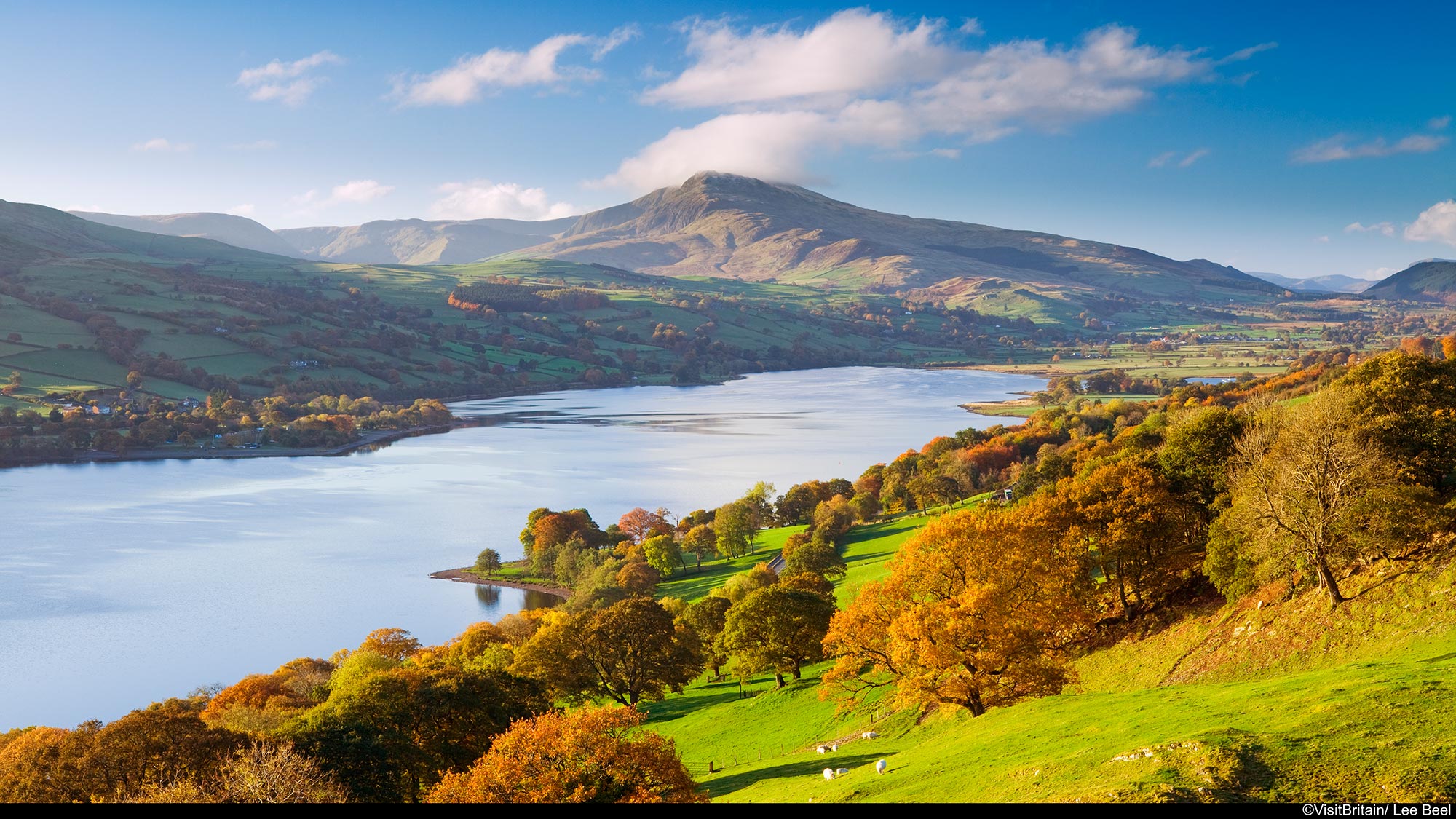Ambassador to Austria and UK Permanent Representative to the United Nations and other International Organisations in Vienna
Part of UK in Austria
28th February 2020 Vienna, Austria
My Welsh Great-Grandfather, literature and football 
1 March is St David’s Day, named after the patron saint of Wales who died in 589. I’m part-Welsh: my great-grandfather John Derfel (photo above) came from the the town of Llanderfel in north Wales and was the son of the Welsh poet and political writer Robert Jones Derfel (for the Welsh-language Wikipedia entry, click here).
According to family lore, Robert Jones Derfel took the name “Derfel” because the winner of the Bardic poem at the national Eisteddfod, a Welsh festival of literature, music and performance, was encouraged to take his birthplace as a last name as a distinction. The name “Derfel” continues in our family to this day. I recently learned that a digital version of his works is in the archive of the National Library of Wales in Aberystwyth. The Library is the home to important manuscripts in Welsh history. The Four Branches of the Mabinogi for example are the earliest prose stories in the literature of Britain.
During my time in Austria, connections to Wales have been less about literature and more about football. Shortly after my arrival in Vienna, I had the opportunity to watch an 2-2 draw at Vienna’s Ernst Happel stadium. I was enthusiastically supporting Wales as evidenced here. Marko Arnautovic who used to play in the premier league before moving to China scored both of Austria’s goals. A year later, Wales beat Austria in Cardiff 1-0. Unfortunately, both teams subsequently failed to qualify for the 2018 World cup in Russia. This year, however, both countries will compete in the Euro championships in the summer. In order to prepare for the tournament they will play a friendly match in Swansea 27 March. I am very much looking forward to watching – albeit most probably at home on TV rather than at the stadium.
Austrians planning to travel to Wales for the match (or general tourism!) are highly encouraged to try the excellent local cuisine. Welsh food products can also be found on the shelves of Austrian supermarkets
Wikipedia has a good page on Wales, illustrating one of the world’s coolest flags (featuring a red dragon) and national symbols including the daffodil and the leek. You can find more about St David’s Day at the Wales.com portal. Finally, to anyone who has not visited Wales on holiday, I can strongly recommend it having spent my summer holidays there on numerous occasions. A couple of photos illustrating the extreme beauty of North Wales are below.











